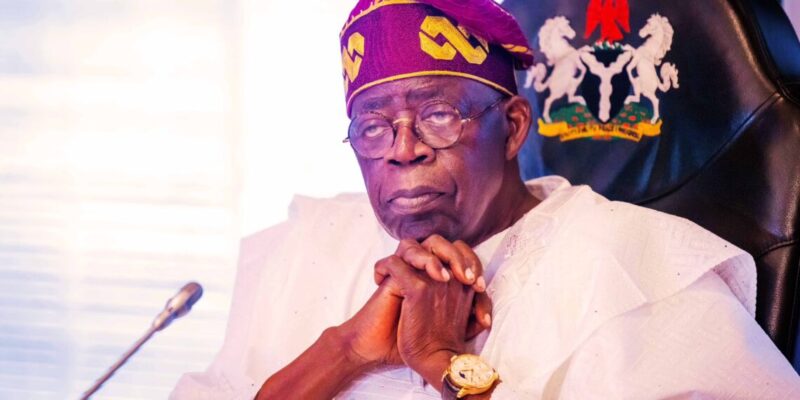Democracy & Governance
President Tinubu’s 60% Cut in Trips’ Expenditures: Motives and Consequences -By Mustapha Abdullahi
On the domestic front, the decision may elicit a mixed response. While it may be applauded as a responsible fiscal measure, critics argue that officials need to engage more actively with local communities to address their concerns effectively. Balancing both international and domestic priorities becomes paramount to maintaining a comprehensive governance approach.

President Tinubu’s recent announcement of a substantial 60% reduction in foreign and local trips’ expenditures has stirred a wave of curiosity and speculation across the nation. As citizens seek to comprehend the rationale behind such a bold move, it becomes imperative to delve into the stated reasons and explore the potential consequences that may accompany this significant decision.
One of the primary drivers behind this decision, as communicated by the administration, is a commitment to fiscal responsibility. President Tinubu aims to streamline government spending, emphasizing the need to allocate resources judiciously towards critical national priorities. These priorities include infrastructure development, healthcare, and education, areas that demand substantial financial investment to propel the nation forward.
Another key factor influencing this move is the pressing economic challenges facing the country. In an effort to address these challenges head-on, the President sees a substantial reduction In travel expenditures as a crucial step in the overall strategy to cut costs. The goal is to create fiscal space for targeted investments that can stimulate economic growth and provide much-needed relief to the nation’s financial woes.
Moreover, the decision is framed within the context of public perception and accountability. President Tinubu recognizes the increasing demand for transparency in governance and understands that curbing unnecessary expenses is a tangible way to demonstrate commitment to responsible and accountable leadership.
While the decision aligns with the imperative of fiscal responsibility, its consequences extend across various domains. Diplomatically, the reduction in foreign trips may strain relationships with key allies and impact the country’s ability to assert itself on the global stage. Face-to-face interactions often play a pivotal role in international relations, and a decrease in official visits may be perceived as a diminishing commitment to global engagement.
Economically, the implications are noteworthy. A diminished presence in international forums and a reduction in foreign trips could potentially hinder the nation’s ability to attract foreign investment and establish trade partnerships. Establishing trust through personal interactions is integral to securing economic interests on the international front.
On the domestic front, the decision may elicit a mixed response. While it may be applauded as a responsible fiscal measure, critics argue that officials need to engage more actively with local communities to address their concerns effectively. Balancing both international and domestic priorities becomes paramount to maintaining a comprehensive governance approach.
Furthermore, the tourism sector could bear the brunt of a significant reduction in local trips. Government officials’ visits often contribute to the promotion of local attractions and events, and a decline in such visits may impact the visibility and growth of the tourism industry.
President Tinubu’s decision to slash foreign and local trips’ expenditures by 60% represents a strategic move to address economic challenges and foster fiscal responsibility. While the motives align with the imperative for prudent governance, the consequences, both in diplomatic relations and domestic perceptions, necessitate careful consideration. Striking a delicate balance between financial discipline and effective governance remains a formidable task for the administration, and the long-term impact on the nation’s trajectory will unfold in the coming months.
Mustapha Abdullahi (Headboy) from Maiduguri

















